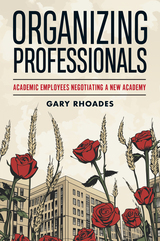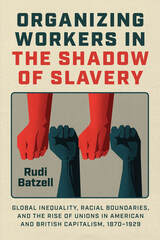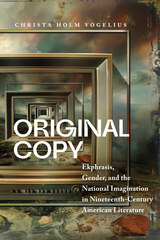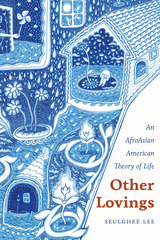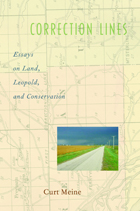
Correction Lines is a new collection of essays from one of our most thoughtful and eloquent writers on conservation, putting these recent changes into perspective and exploring the questions they raise about the past, present, and future of the conservation movement. The essays explore interrelated themes: the relationship between biological and social dimensions; the historic tension between utilitarian and preservationist approaches; the integration of varied cultural perspectives; the enduring legacy of Aldo Leopold; the contrasts and continuities between conservation and environmentalism; the importance of political reform; and the need to "retool" conservation to address twentyfirst-century realities.
Collectively the essays assert that we have reached a critical juncture in conservation—a "correction line" of sorts. Correction Lines argues that we need a more coherent and comprehensive account of the past if we are to understand our present circumstances and move forward under unprecedented conditions.
Meine brings together a deep sense of history with powerful language and compelling imagery, yielding new insights into the origins and development of contemporary conservation. Correction Lines will help us think more clearly about the forces that have changed, and are changing, conservation, and inspire us to address current realities and future needs.
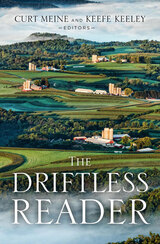
The Driftless Reader gathers writings that highlight the unique natural and cultural history, landscape, and literature of this region that encompasses southwestern Wisconsin and adjacent Minnesota, Iowa, and Illinois. The more than eighty selected texts include writings by Black Hawk, Mark Twain, Laura Ingalls Wilder, Frank Lloyd Wright, Aldo Leopold, David Rhodes, and many other Native people, explorers, scientists, historians, farmers, songwriters, journalists, and poets. Paintings, photographs, maps, and other images complement the texts, providing a deeper appreciation of this region's layered natural and human history.
Highlights include excerpts and art from:
Carol Ryrie Brink
William Cronon
John T. Curtis
August Derleth
Richard Eberhart
Fabu
Hamlin Garland
Pedro Guerrero
Hoowaneka (Little Elk)
Juliet Kinzie
Patty Loew
Ben Logan
Truman Lowe
Jacques Marquette
Ken McCullough
Edna Meudt
Mountain Wolf Woman
Zebulon Pike
Henry Schoolcraft
Clifford D. Simak
Wallace Stegner
Pearl Swiggum
Frank Utpatel
Mark Wunderlich
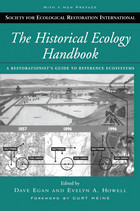
The Historical Ecology Handbook makes essential connections between past and future ecosystems, bringing together leading experts to offer a much-needed introduction to the field of historical ecology and its practical application by on-the-ground restorationists.
Chapters present individual techniques focusing on both culturally derived evidence and biological records, with each chapter offering essential background, tools, and resources needed for using the technique in a restoration effort. The book ends with four in-depth case studies that demonstrate how various combinations of techniques have been used in restoration projects.
The Historical Ecology Handbook is a unique and groundbreaking guide to determining historic reference conditions of a landscape. It offers an invaluable compendium of tools and techniques, and will be essential reading for anyone working in the field of ecological restoration.
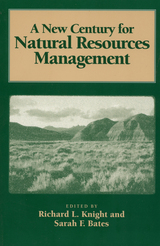
This book explores the changes that are leading to a new century of natural resources management. It places the current situation in historical perspective, analyzes the forces that are propelling change, and describes and examines the specific changes in goals, policy, and practice that are transforming all aspects of natural resources management.The book is an important overview for wildlife biologists, foresters, and others working for public land agencies; professors and students of natural resources; and all those whose livelihood depends on the use of public natural resources.

READERS
Browse our collection.
PUBLISHERS
See BiblioVault's publisher services.
STUDENT SERVICES
Files for college accessibility offices.
UChicago Accessibility Resources
home | accessibility | search | about | contact us
BiblioVault ® 2001 - 2025
The University of Chicago Press


